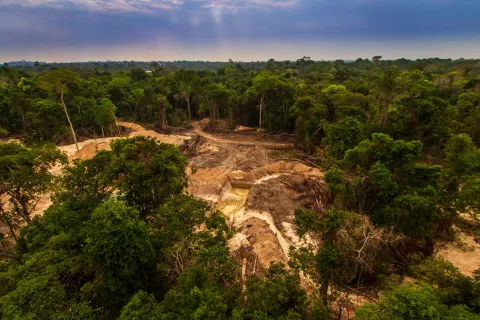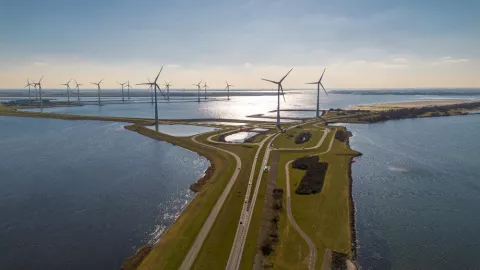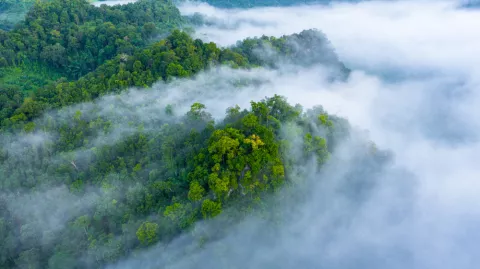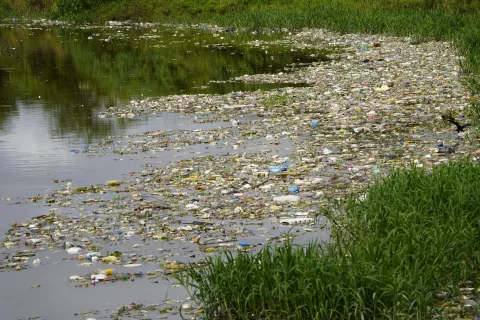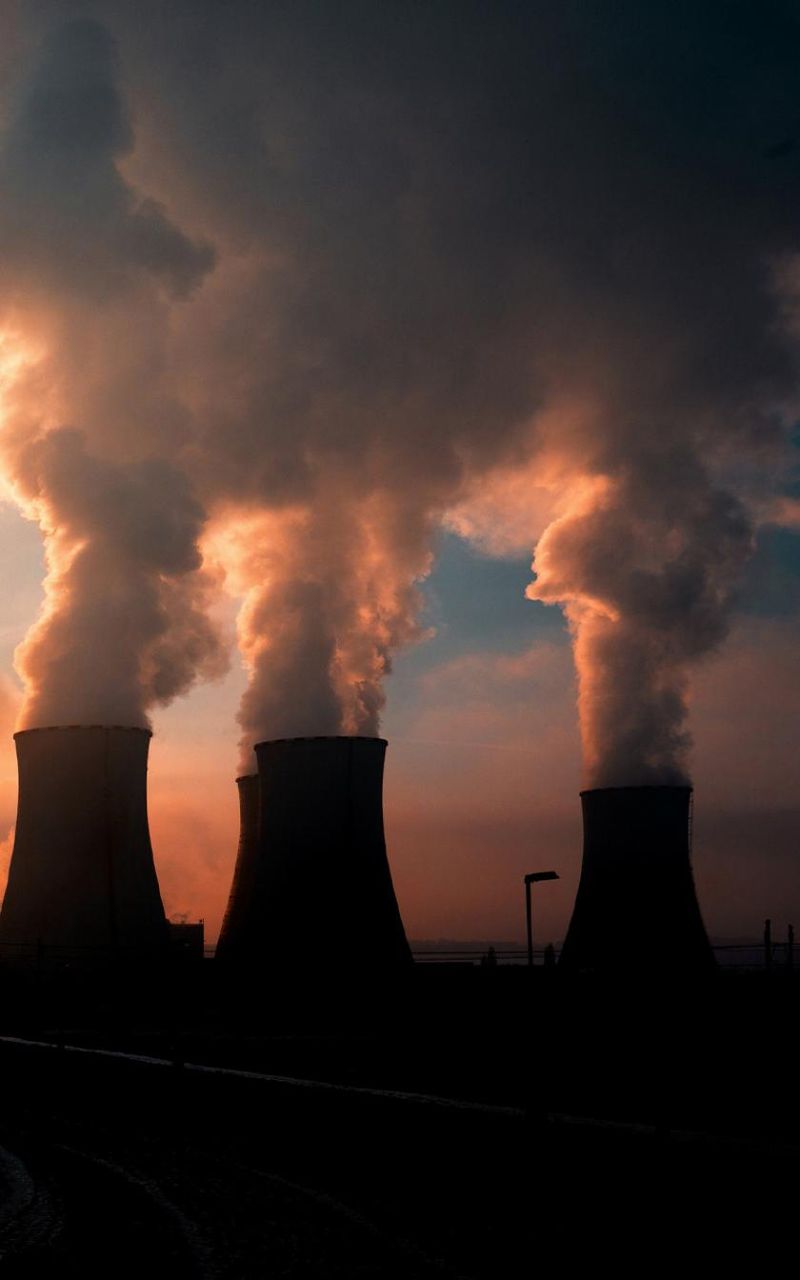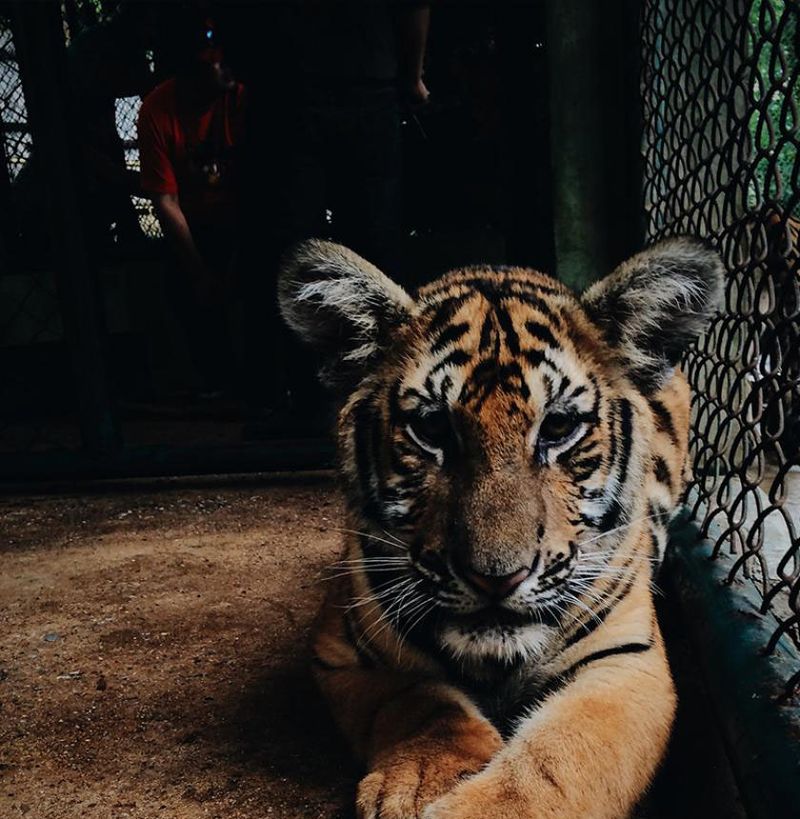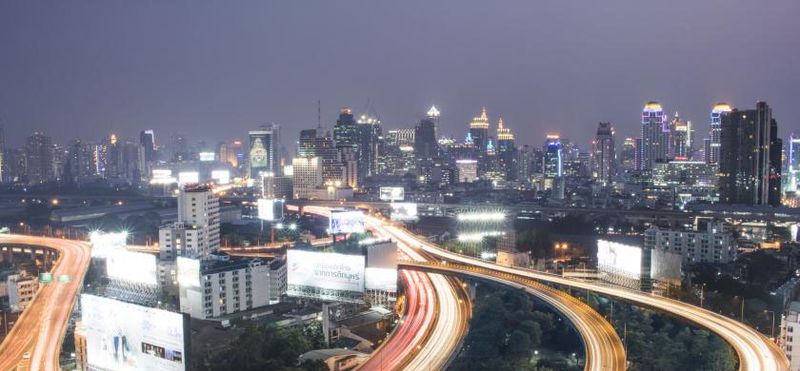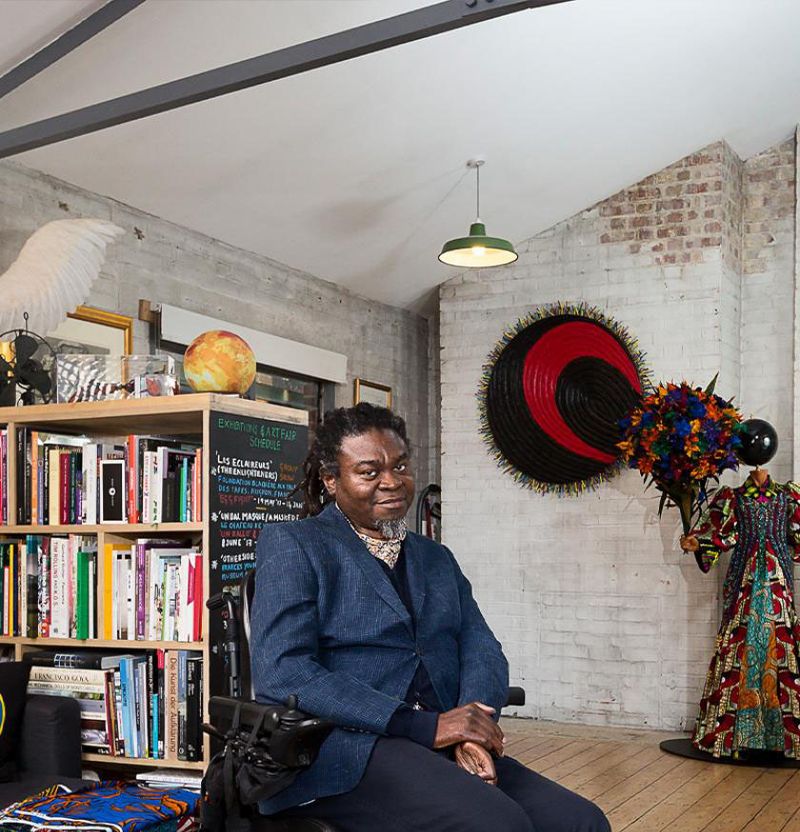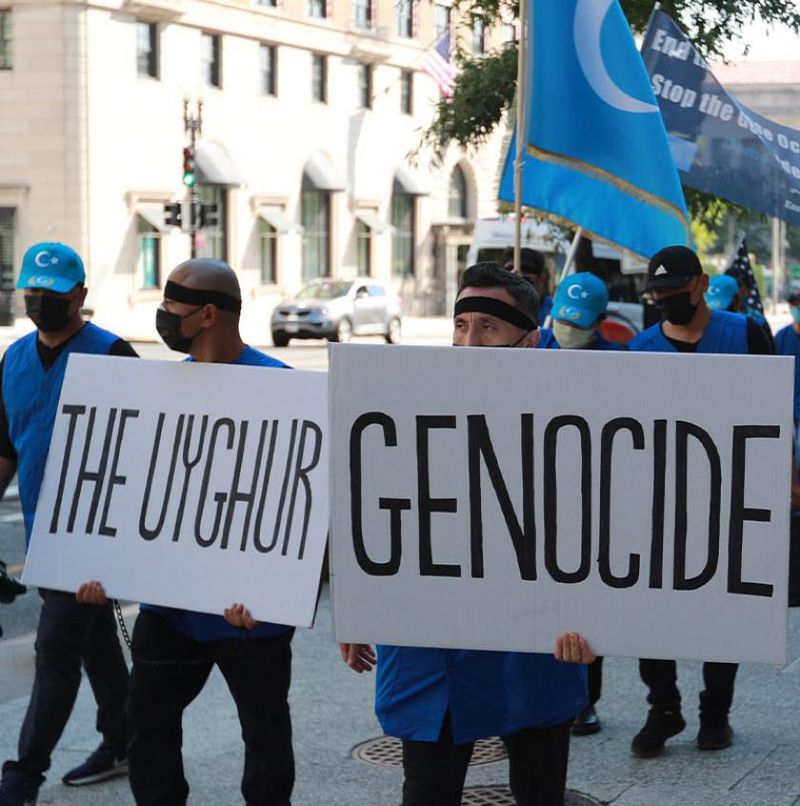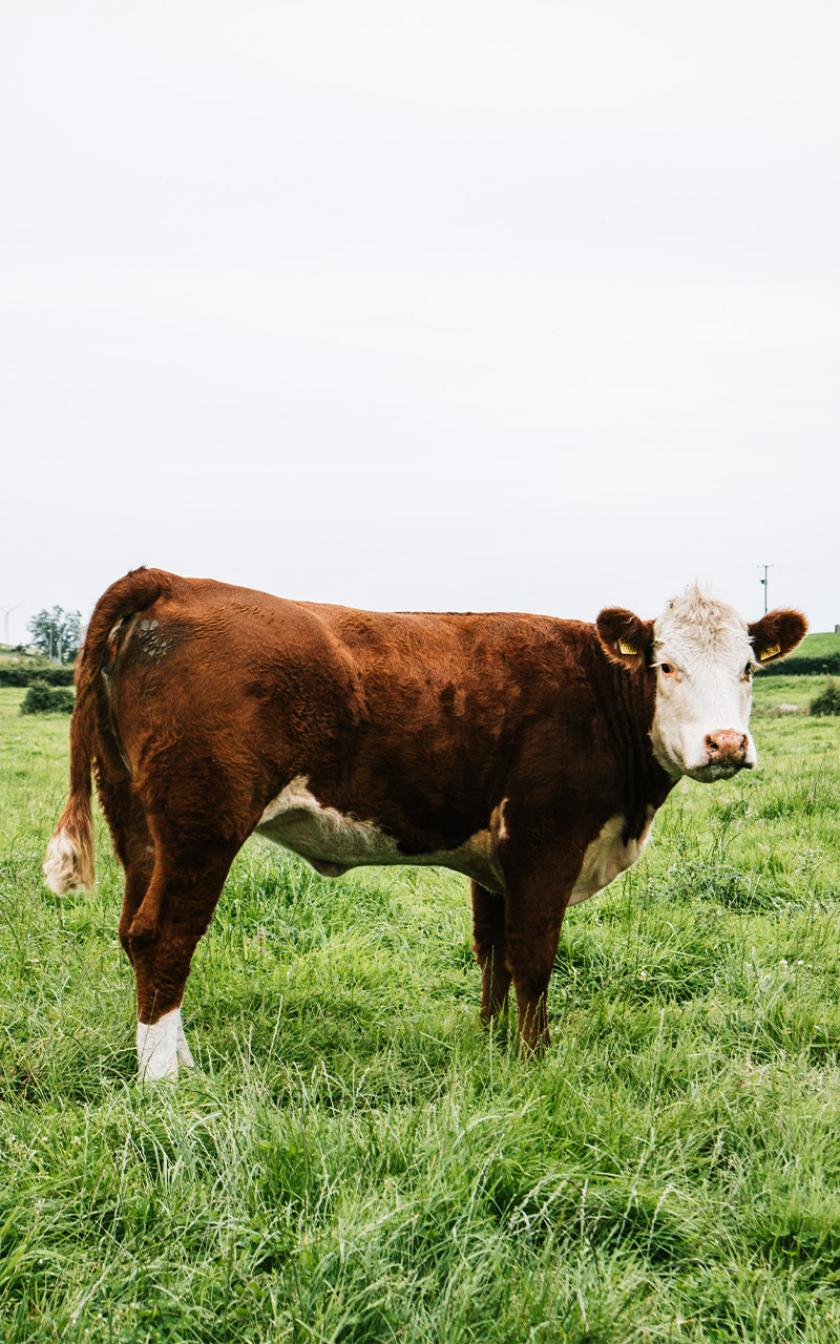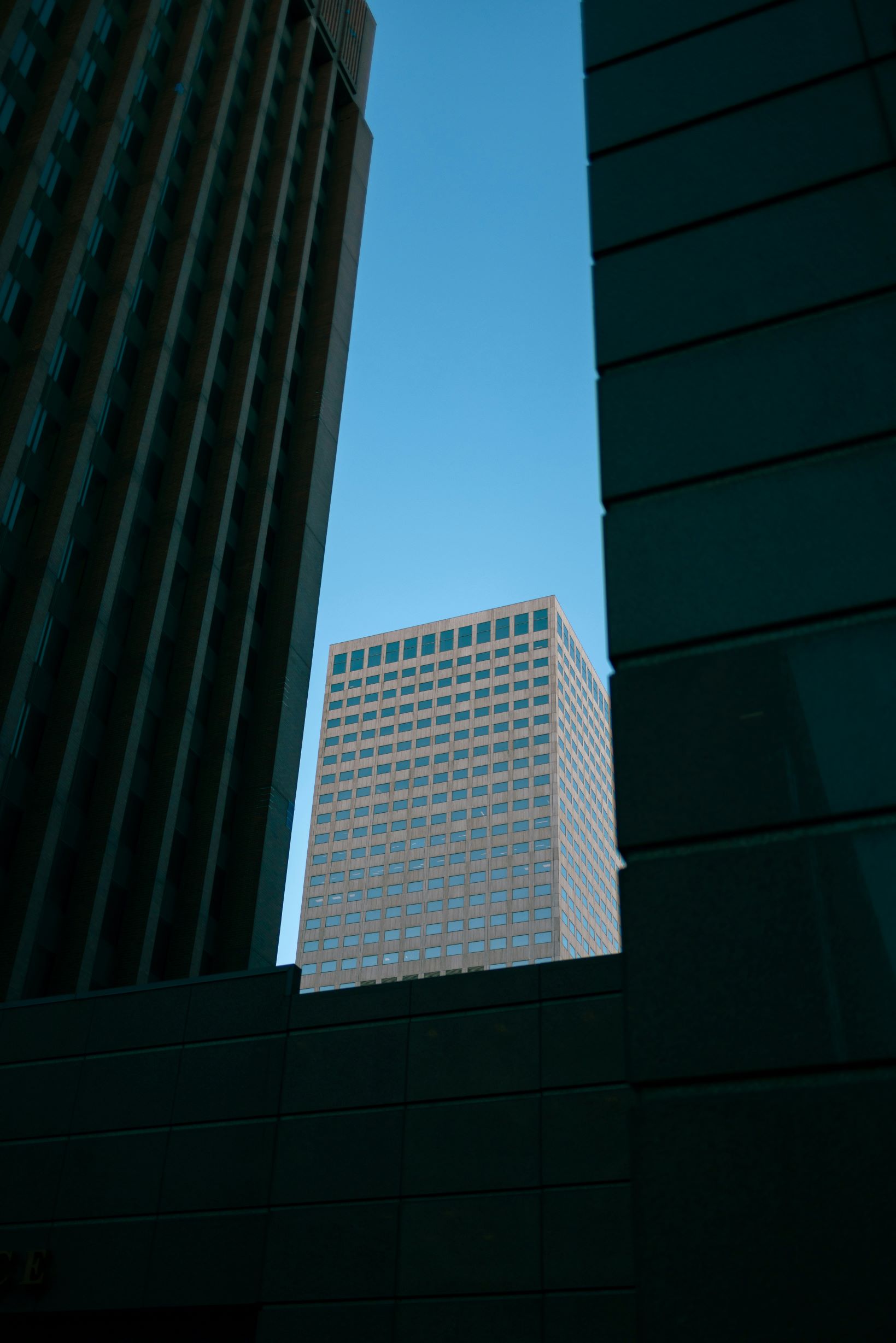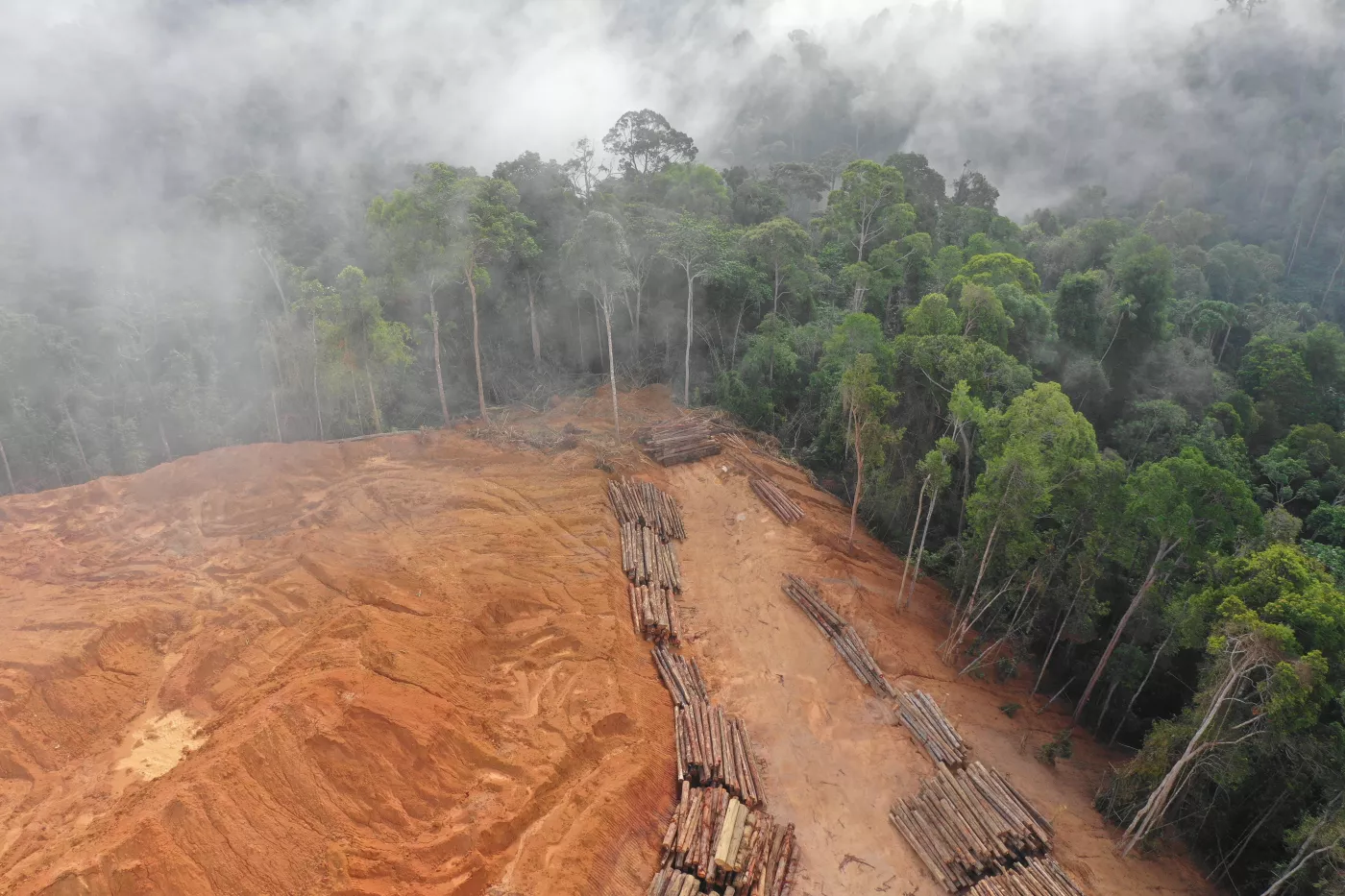

With reporting and insights from Daleth Oliveira in Belém and Sam Cowie in São Paulo.
As Brazil prepares to host COP30 in the Amazonian city of Belém, the contrast between its international aspirations as a climate heavyweight power and domestic complexities are sharp.
President Luiz Inacio Lula da Silva returned to office promising environmental leadership and environmental justice. It’s true that Amazon deforestation has plummeted and the government has succeeded in chasing out illegal miners and loggers from Indigenous lands - at least partially, for now. But the political terrain Lula governs is fragile.
Lula’s administration operates within a tenuous and transactional coalition. His government is frequently in conflict with an increasingly emboldened congress that is beholden to the interests of agribusiness and other lobbies. In a constant battle to govern and maintain power, environmental concerns often take place to realpolitik interest.
This year, legislators have sought to drastically reduce environmental licensing protections: a reminder of how Brazil’s environmental policies remain vulnerable to political shifts and short-term economic interests.
That said, Lula’s inner circle is not exactly blame free either. At times, Lula loyalists have been at best noncommittal and at worst complicit in environmental setbacks, especially regarding extraction and infrastructure projects.
In the Amazon, local politics often run on a different axis than in Brasília. Mining, agribusiness and infrastructure megaprojects advance, more often than not with scant oversight or limited consultation of impacted communities.
The legacy of past megaprojects is still felt. Under earlier Lula administrations, the Belo Monte and Santo Antonio hydroelectric dams left trails of environmental and social destruction, cost the public purse deeply and have largely failed to deliver promised benefits. Will there be a similar legacy from the latest administration?
Deep inequality underpins the region. Brazil’s Amazon harbours some of Brazil’s worst Human Development Index scores in the country.
Proposals for a different kind of development – like the strengthening of supply chains of forest products like açai that can generate sustainable wealth for local communities, or the implementation of agroforestry systems that are more harmonious with nature than monoculture crops – remain fragmented and throttled by logistical and financial bottlenecks.
Despite noble ambitions of sustainable local economies utilising the Amazon’s unique biodiversity, the reality is too often undercut by the extraction of raw commodities – soy, cattle, timber, gold – by multinational firms for export to China, the United States or Europe, or even to Brazil’s industrialised southeast. Conservation, many argue, cannot succeed without first tackling the poverty and exclusion that drive environmental destruction.
Compounding this is the growing threat of organised crime. Under the past administration and during the pandemic, criminal networks tied to illegal logging, land grabbing and wildcat mining flourished. While Lula’s presidency has publicly sought, with some degree of success, to tackle these violent, illicit networks, they remain active. The brutal killings of Guardian journalist Dom Phillips and Indigenous advocate Bruno Pereira are stark reminders that defending the forest can be a death sentence.
All of this casts a long shadow over COP30. Belém is emblematic of Brazil’s climate crossroads: rich in culture and ecological importance, yet riven by inequality, violence, and underinvestment. It’s a powerful but paradoxical stage for a summit meant to showcase climate ambition. Behind the scenes, the government continues to greenlight oil exploration at the mouth of the Amazon and support infrastructure projects that threaten delicate ecosystems – all while promoting a green narrative abroad.
Environmental progress in Brazil has always been reversible. Gains made under one administration can swiftly erode under the next, particularly in regions where the federal government has little reach. Lula may represent a fleeting window of possibility. If he falters, the country’s already fragile commitments could unravel.
For international observers, these tensions are central to the story. Understanding who really controls territory in Brazil means going beyond presidential palaces and press conferences. Supporting Brazil’s environmental future requires investment in grassroots defenders, institutional reform and a political architecture that can outlast any single leader.
Daleth Oliveira
Daleth Oliveira is an award-winning journalist from Pará, the state where COP30 will take place. Daleth has reported for O Globo, Intercept Brasil, Repórter Brasil and others, and her work has exposed land conflicts, illegal deforestation, and state and corporate complicity in the Amazon.
Sam Cowie
Sam Cowie is a British journalist based in Brazil, where he’s reported for The Guardian, Financial Times, Al Jazeera and others. His work spans Indigenous resistance, organised crime, and the political forces shaping Amazon development offering sharp insight into how Brazil’s internal dynamics connect to global narratives.


